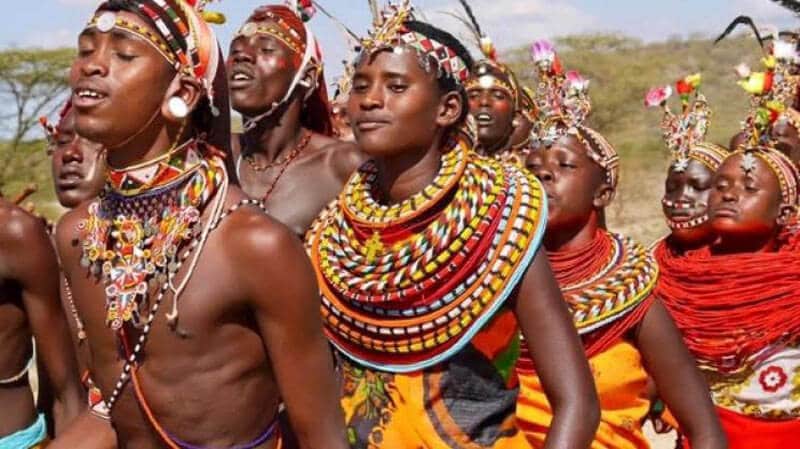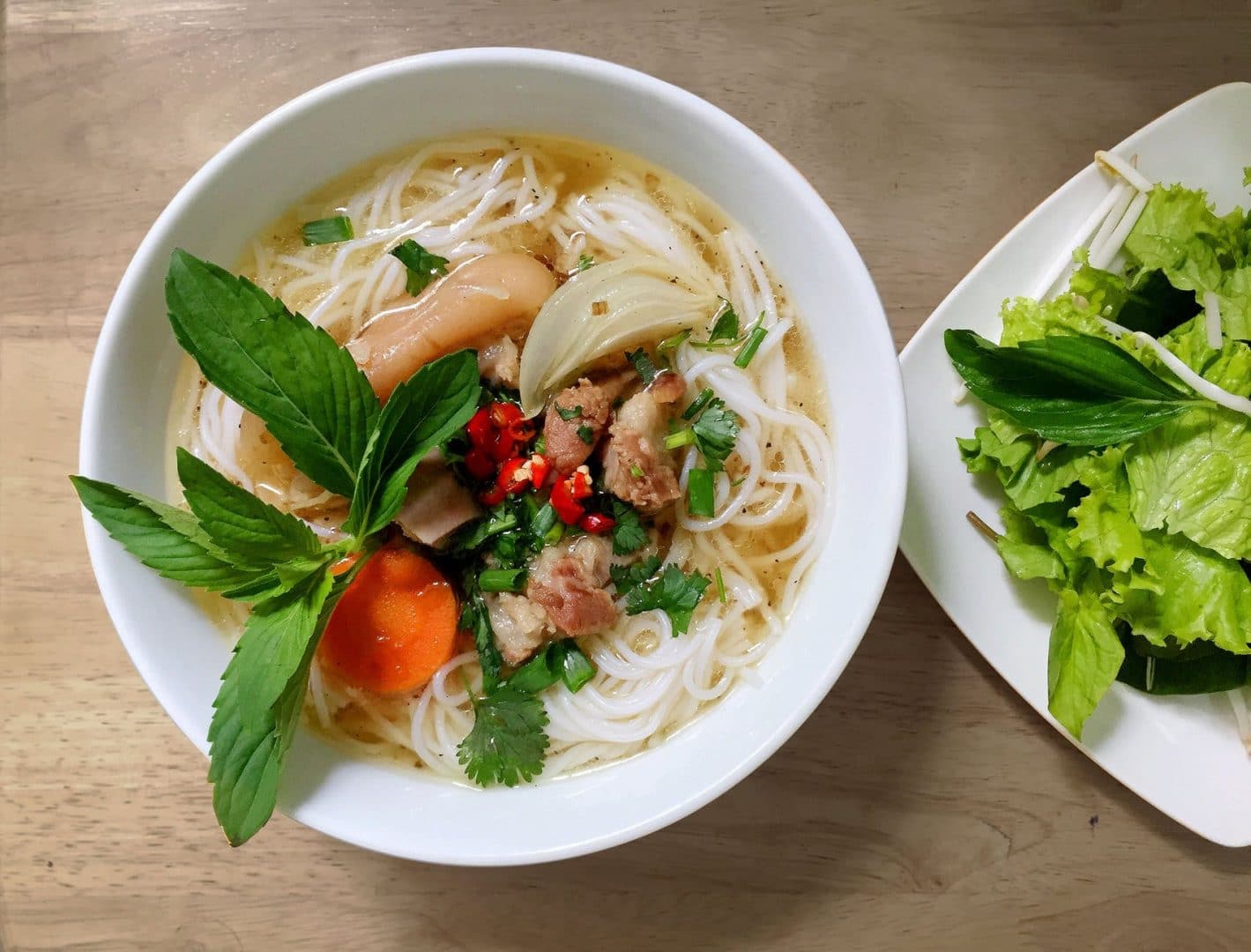Kenyan culture is one that is not easy to define, the culture is quite diverse from one tribe to another and it also varies greatly from one locality to another. The different cultures were forever changed due to the past events during the colonial era. Globalization has also changed the current generation, especially in the big cities.
Tribal practices are exchanged for modern lifestyles and ideas. The only way of knowing your culture today is through history books or if you are lucky to have informed grandparents.
Kenyan Tribes
Kenya has roughly 42 tribes, most of which have evolved and have been greatly influenced by industrialization and Education which have transformed their way of life, but some of the tribes have shunned civilization and held on to their traditional way of life, a good example is the Maasai people, who adorn their colorful traditional garments and beads and still leads a nomadic lifestyle in hut made of mud and cow dung.
Majority of Kenyan people depend on subsistence farming for survival hence most of them reside in the countryside. About 25% of the populations live in the cities with modern style architecture, and a lifestyle that is more related to the western style. The one thing that is common amongst all Kenyans is that they are very hospitable and generally unconfrontational.
Culture and language
The great diversity in Kenyan culture is due to the many tribes all with different dialects, although most of the tribes have similar historical backgrounds, and all use Swahili as the national language and English as the official Language.
Culture and Dressing
Most of the tribes in Kenya have abandoned the traditional way of dressing, to addressing style that is greatly influenced by western styles even though some of them still adorn their traditional garments for ceremonial purposes.
Culture and Religion
Religion or a belief in God/god have been a core part of all the culture in Kenya even before the introduction of Christianity. People believed in a god that was the cause of all daily occurrences, but as times have progressed and civilization have taken hold, most people have adopted Christian believes but usually with a hint of traditional beliefs.
Majority of Kenyans are Christians over 65%, about 20% still abide by their traditional beliefs, less than 10% are Muslims but their numbers are growing rapidly due to an influx of migrants, and less than 5% observe other beliefs/faiths.
Culture and Social Structure
Most of the culture is family oriented where one is a part of the whole extended family; where man is the head of the household but the older people are always on top of the hierarchy and should always accord the most respect. Unlike in the developed world where the government provides social welfare safety nets in the Kenyan culture depends on the family or the church for welfare.




